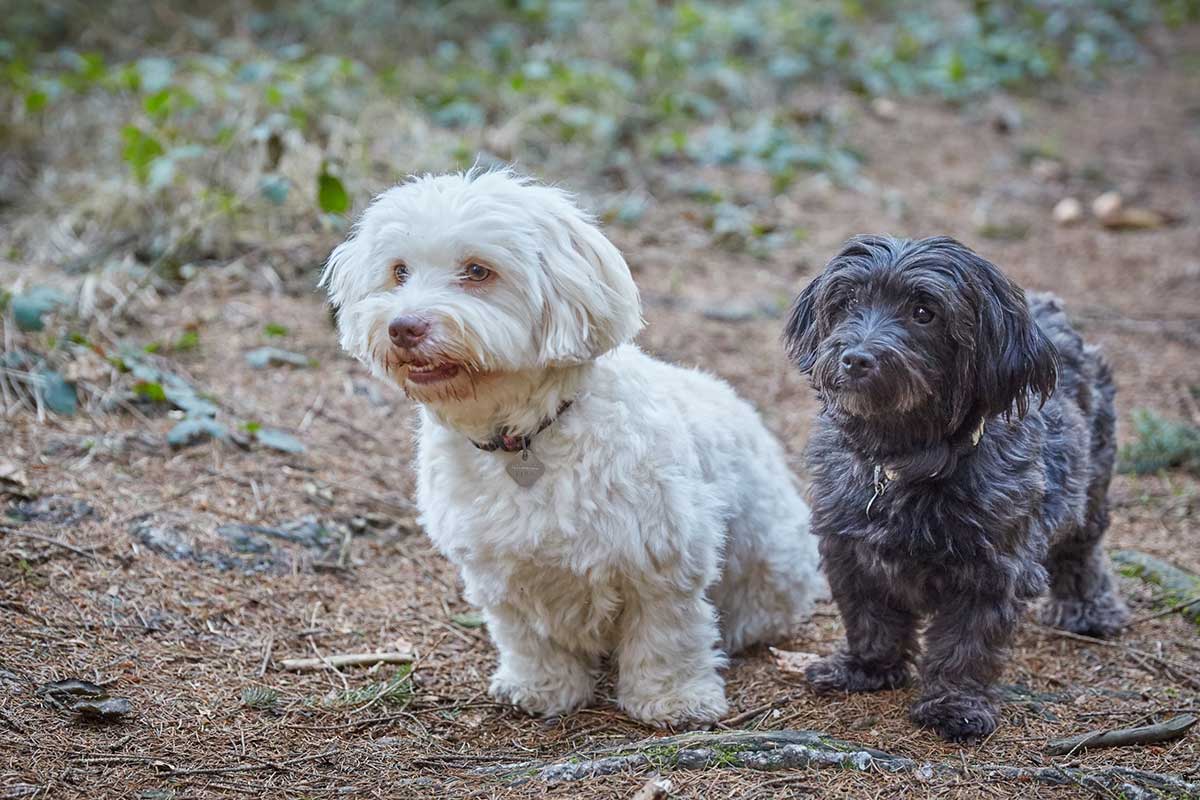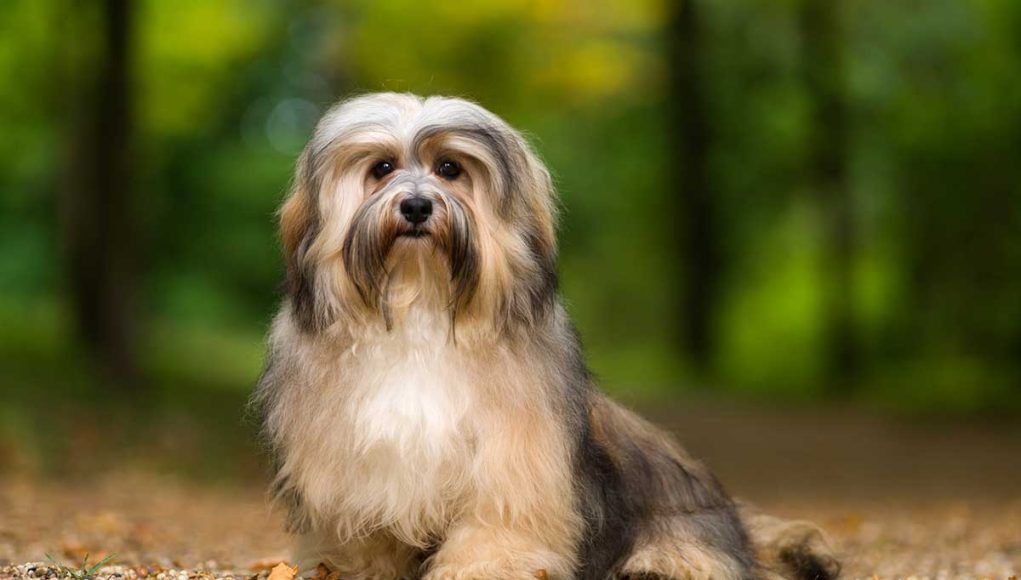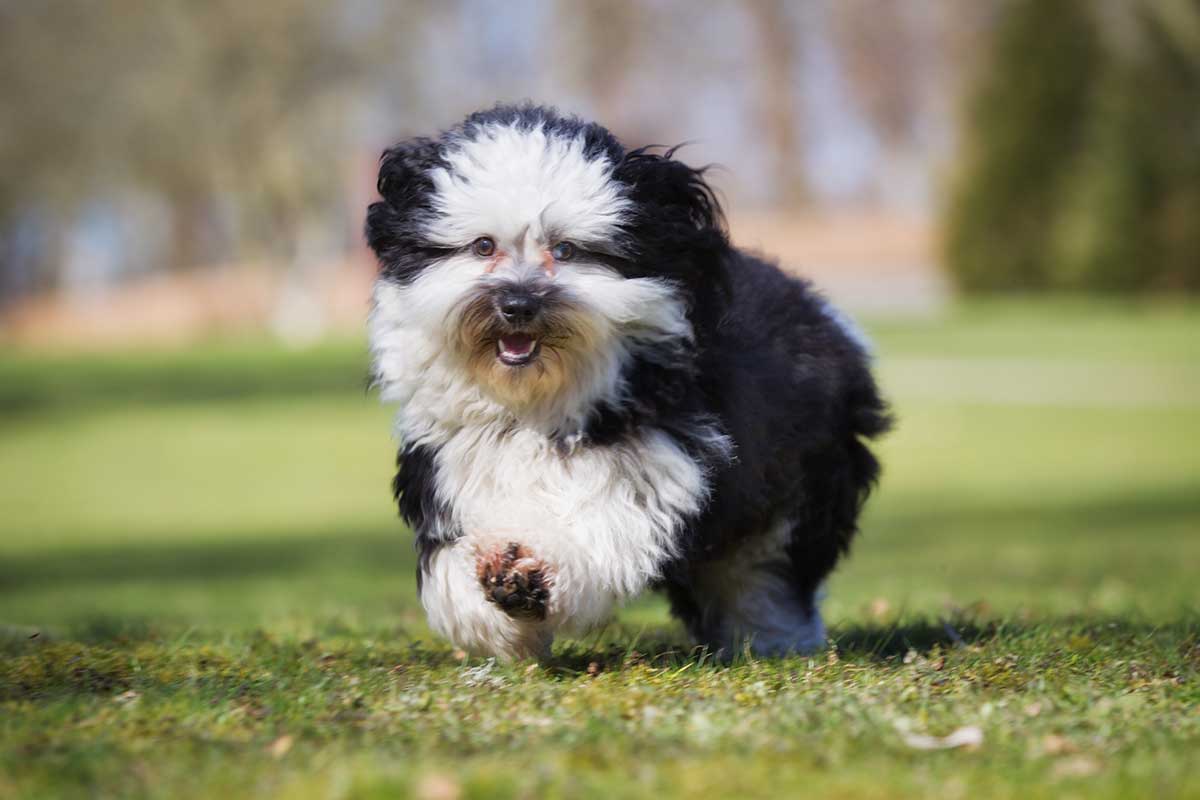The Havanese, also known as the “Cuban Silk Dog,” is a small, cheerful breed known for its friendly personality and luxurious coat.
As Cuba’s national dog, the Havanese is famous for being a loyal companion with a joyful disposition, making it a favorite choice for families and singles alike.
Havanese : A Complete Guide to This Dog Breed
This article provides a detailed overview of the Havanese, including its history, physical characteristics, temperament, care needs, and health concerns.
If you’re considering adopting a Havanese or simply want to learn more about this charming breed, this guide covers everything you need to know.
The Origins
The Havanese traces its origins to Cuba, where it was bred from Bichon-type dogs brought to the island by Spanish settlers in the 16th century. The breed quickly became a favorite among the Cuban aristocracy, prized for its affectionate nature and ability to adapt to city living. Over time, the Havanese developed into the beloved companion dog it is today, and it remains the only native breed of Cuba.
Fun Fact: The Havanese is part of the Bichon family, which includes the Bichon Frisé, Maltese, and Bolognese, all known for their small size and friendly, hypoallergenic coats.

Physical Characteristics
The Havanese is a small dog with a distinctive long, silky coat and a lively, expressive face. Here’s a detailed look at their physical traits:
- Size: Havanese dogs typically weigh between 7-13 pounds (3-6 kg).
- Height: They stand about 8.5-11.5 inches (22-29 cm) tall at the shoulder.
- Coat Color: Havanese coats come in a wide variety of colors, including white, black, cream, gold, silver, and chocolate. Some may have markings or be bi-colored or tri-colored. Their coat is long, soft, and can either be straight or wavy.
- Morphology: Havanese dogs have a compact, sturdy body with a slightly rounded skull. Their eyes are large, dark, and expressive, giving them a friendly and alert appearance. Their ears are medium-sized and drop down, blending into the long fur on their face.
- Distinctive Features: The Havanese’s long, silky coat, combined with its expressive eyes and friendly demeanor, gives the breed a distinctively charming appearance. Their plumed tail, which curls over their back, adds to their playful and elegant look.
Comparison: Compared to other small breeds like the Shih Tzu or Maltese, the Havanese has a slightly sturdier build and is known for its wavy or curly coat, which can come in many more colors than the Shih Tzu’s or Maltese’s typically solid coats.
The Temperament of the Havanese
The Havanese is known for its joyful, friendly, and affectionate nature. As true companion dogs, they thrive on human interaction and are happiest when they are part of family activities.
- Interaction with Children: Havanese dogs are gentle and patient, making them excellent companions for children. They enjoy playing and are typically very tolerant of children’s energy, though supervision is recommended to prevent accidental injury due to their small size.
- Behavior with Other Animals: Havanese dogs generally get along well with other pets, especially when they are socialized from a young age. Their friendly and non-aggressive nature makes them ideal for multi-pet households.
- Training Tips: Havanese dogs are intelligent and eager to please, making them easy to train. They respond well to positive reinforcement and enjoy learning new tricks and commands. Their sensitive nature means they don’t respond well to harsh training methods, so gentle, consistent training is key.
Care Needs for the Havanese
Havanese dogs are relatively low-maintenance, but their coat and grooming needs require regular attention.
- Coat Maintenance: The Havanese’s long, silky coat requires regular brushing to prevent tangles and mats. Daily brushing is ideal, especially for Havanese kept in full coat. Many owners opt for a shorter “puppy cut” to make grooming more manageable. Regular baths are also necessary to keep their coat clean and shiny.
- Exercise Requirements: Despite their small size, Havanese dogs are lively and need regular exercise. Daily walks and playtime are important to keep them physically and mentally stimulated. They are well-suited for apartment living, but they still enjoy outdoor activities in a safe, enclosed space.
- Hygiene and Specific Care: Regular dental care is important for Havanese dogs, as they can be prone to dental issues. Regular teeth brushing and professional cleanings can help maintain their oral health. Their eyes and ears should also be checked and cleaned regularly to prevent infections.
Common Health Issues in Havanese Dogs
Havanese dogs are generally healthy, but like all breeds, they can be prone to certain health conditions. Being aware of these potential problems can help ensure your Havanese stays healthy throughout its life.
- Patellar Luxation: This condition, common in small breeds, occurs when the kneecap slips out of place, causing discomfort and sometimes leading to lameness. In severe cases, surgery may be required.
- Hip Dysplasia: Although more common in larger breeds, Havanese dogs can also develop hip dysplasia, a genetic condition that affects the hip joint and may lead to arthritis or mobility issues.
- Cataracts: Havanese dogs are prone to developing cataracts, which can impair their vision as they age. Regular veterinary check-ups can help detect and manage eye problems early.
- Life Expectancy: Havanese dogs have an average lifespan of 14-16 years. With proper care, regular veterinary visits, and a healthy lifestyle, they can live long, happy lives.
Life Expectancy and Quality of Life
On average, Havanese dogs live between 14 and 16 years, often maintaining their playful and affectionate nature well into their senior years. Their quality of life depends on maintaining good grooming habits, regular exercise, and proper health care.
- Maximizing Quality of Life: To ensure your Havanese lives a long and happy life, provide regular exercise, a balanced diet, and plenty of affection. Regular grooming and veterinary check-ups are essential to maintaining their overall health. Havanese dogs thrive in environments where they are included in family activities and given lots of attention.
Pros and Cons of Owning a Havanese
Advantages:
- Havanese dogs are affectionate, loyal, and make excellent companion pets for families, singles, and seniors alike.
- Their small size and adaptable nature make them perfect for apartment living or homes with limited space.
- They are hypoallergenic, making them a great choice for people with allergies.
Disadvantages:
- Their long coat requires regular grooming and maintenance, which can be time-consuming and costly.
- Havanese dogs can be prone to separation anxiety if left alone for long periods, as they crave human companionship.
- They may be prone to certain health issues, such as patellar luxation and dental problems, requiring diligent care.
What to Know Before Adopting
Havanese dogs are best suited for owners who can provide them with the grooming and attention they need. They thrive in environments where they are treated as part of the family and are included in daily activities. Ideal owners include families, singles, or seniors who can meet their exercise and grooming needs.
Before adopting a Havanese, it’s important to understand the breed’s grooming requirements and potential health concerns. Consulting with breeders or rescue organizations can help prospective owners determine if the Havanese is the right fit for their lifestyle.
Comparing the Havanese with the Bichon Frisé
Both the Havanese and Bichon Frisé are small, hypoallergenic breeds with cheerful personalities and long, fluffy coats. However, while the Bichon Frisé has a curlier coat, the Havanese’s coat is typically softer and wavier.
In terms of temperament, both breeds are friendly and outgoing, but the Havanese tends to be slightly more adaptable to different environments and more relaxed in temperament.
The Havanese is a playful, affectionate, and loyal companion that brings joy to any household. With their hypoallergenic coats and friendly personalities, they make excellent pets for people of all ages.
However, potential owners should be prepared for the grooming and care commitments required to keep a Havanese happy and healthy.
With proper care, attention, and love, Havanese dogs can provide years of companionship and delight.









